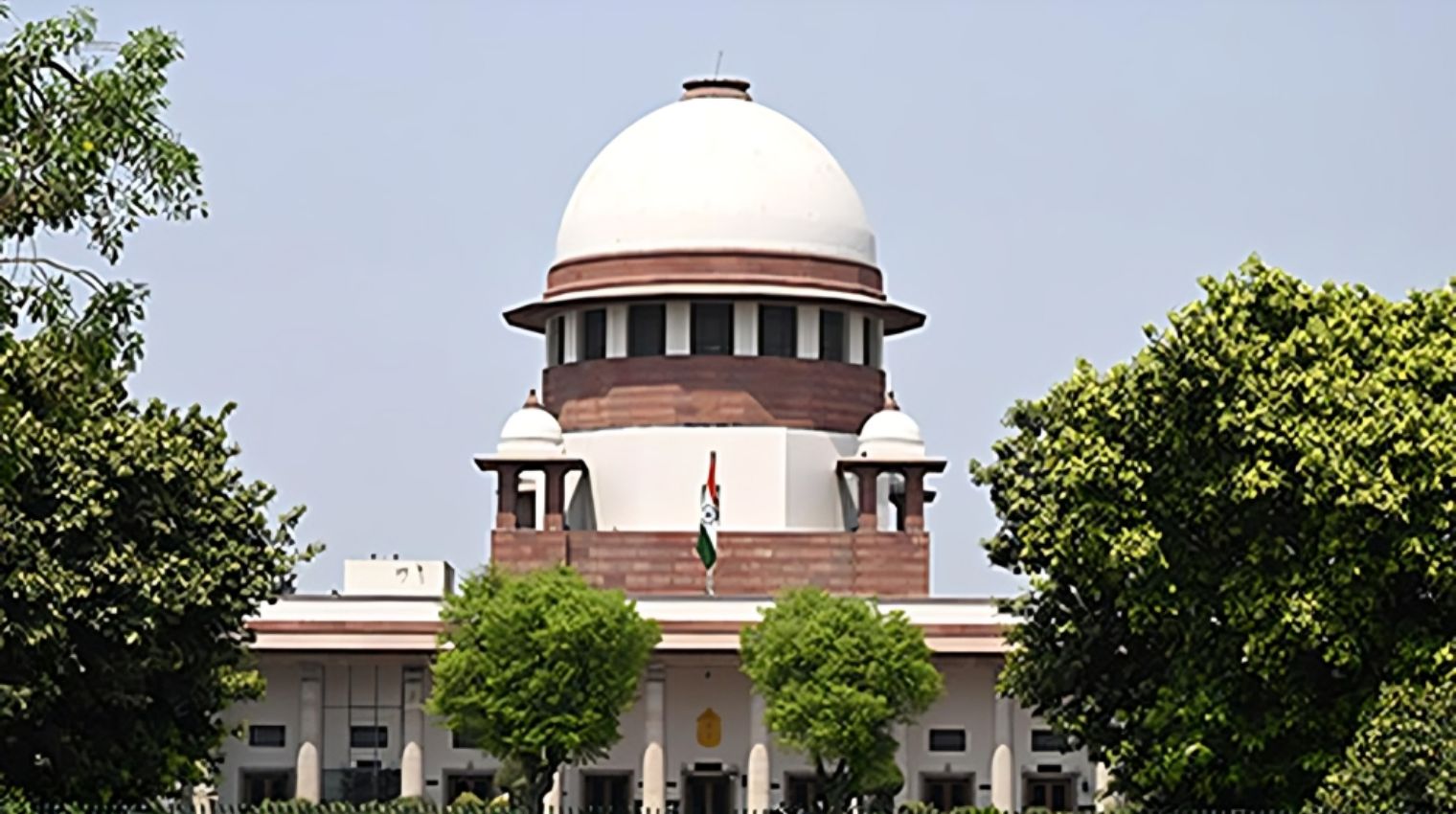The plea for interim bail in the excise policy scam case filed by Delhi Chief Minister Arvind Kejriwal was deferred by the Supreme Court on Tuesday. The court emphasized that if it decides to grant him interim bail during the ongoing Lok Sabha elections, it would not want Kejriwal to carry out his official duties as Delhi CM due to potential cascading effects.
The Supreme Court stated that it has listened to arguments from both sides regarding the possibility of granting interim bail to Kejriwal for campaigning in the elections. It also requested certain case files related to the investigation process of the excise policy scam case.
Justice Sanjiv Khanna, presiding over a two-judge bench, made it clear that if interim bail is granted, Kejriwal should not perform his official duties, as it could have far-reaching consequences.
Meanwhile, the Enforcement Directorate (ED) strongly opposed the suggestion for interim relief and urged the court not to create a separate category for politicians who wish to campaign during elections.
Justice Khanna remarked, “This is the election season. He is the elected chief minister of Delhi. The elections are approaching. These are exceptional circumstances. It’s not normal… he is not a habitual offender or someone involved in any other case.”
Solicitor General Tushar Mehta, representing the ED, expressed his concerns to the bench, which included Justice Dipankar Datta. He questioned the importance given to a chief minister’s campaign over other professions, such as agriculture. Mehta emphasized that being a chief minister should not be a reason for deviation in the legal process. He also highlighted the large number of politicians in jail and raised the issue of granting bail for campaigning purposes. Justice Khanna acknowledged the urgency of the matter due to the upcoming elections but emphasized that politicians should not be treated differently when it comes to legal proceedings.
Mehta mentioned that Kejriwal was summoned six months ago in October 2023. Despite being called, he opted for meditation and provided other excuses. Subsequently, he claimed that the summons were legally flawed, essentially acting as a judge in his own case. As a result, legal action had to be taken, leading to his arrest after the court issued the summons. Mehta emphasized that if Kejriwal had cooperated earlier, his arrest might have been avoided. He further highlighted Kejriwal’s lack of cooperation when compelled by the court, citing his focus on election campaigning as an excuse. Mehta pointed out that while some legal matters may take time to resolve, using this as a basis for interim bail is not justified. He concluded by stressing the importance of equality before the law, without any special treatment.

